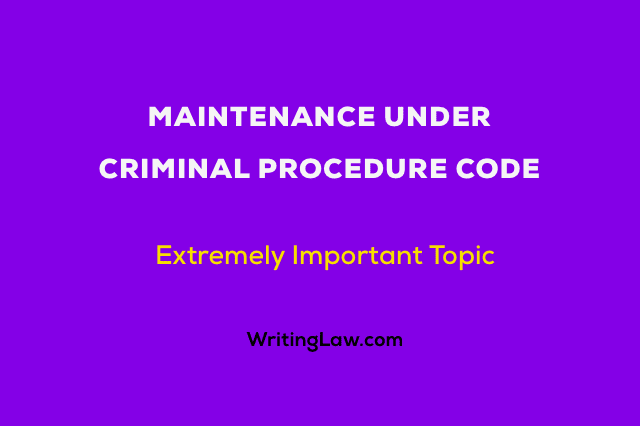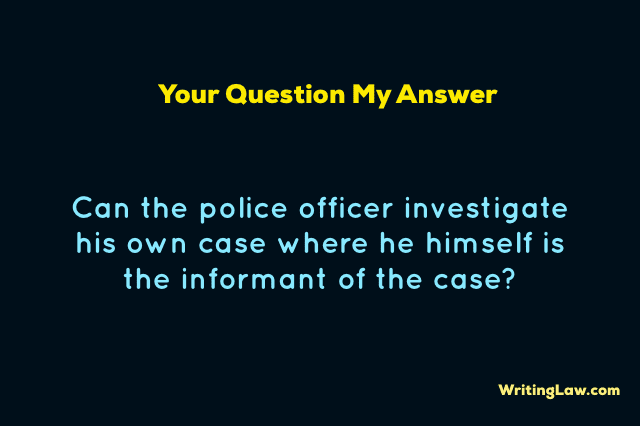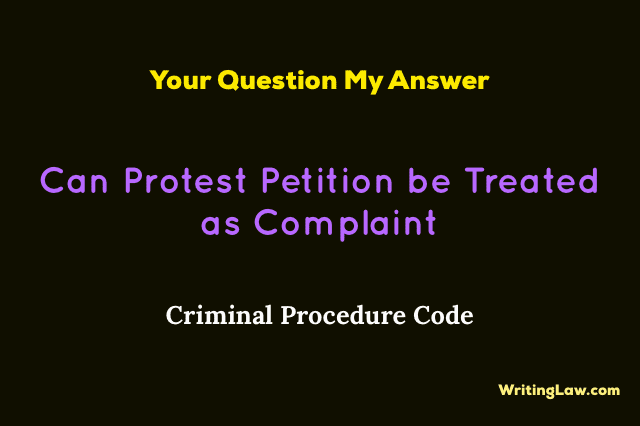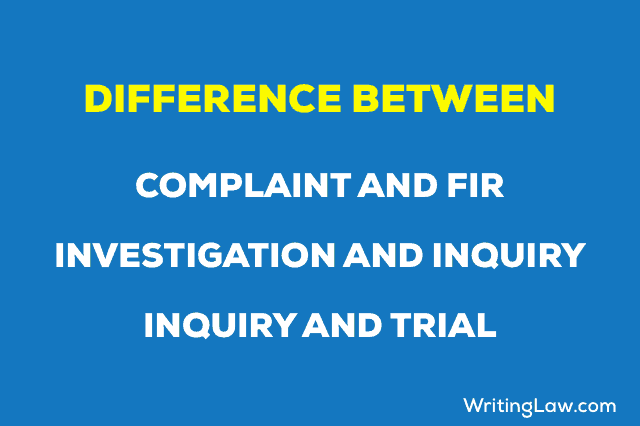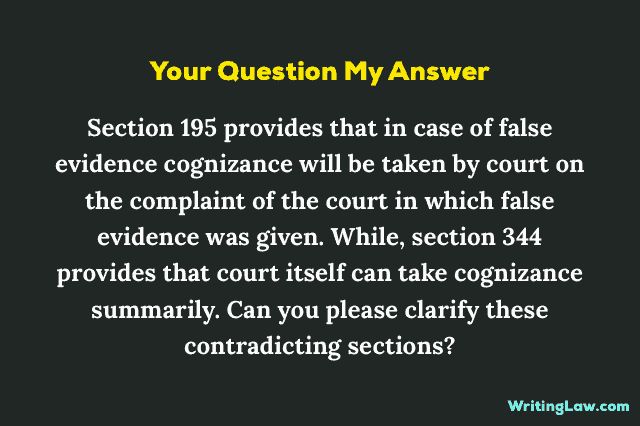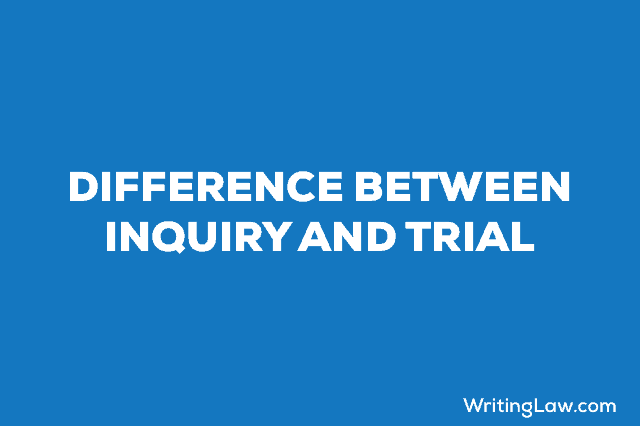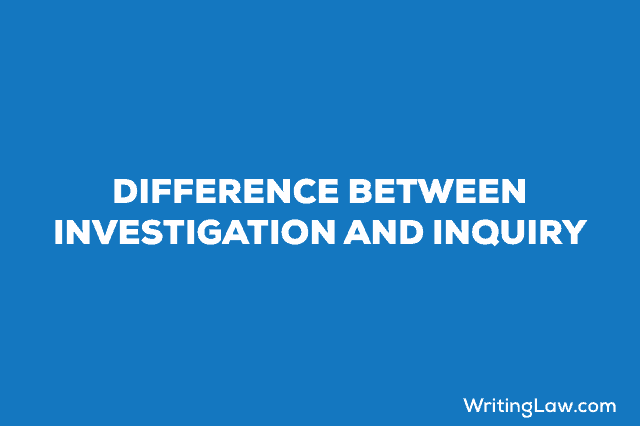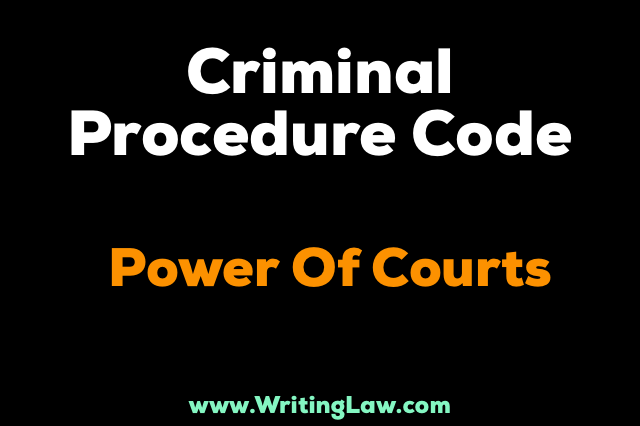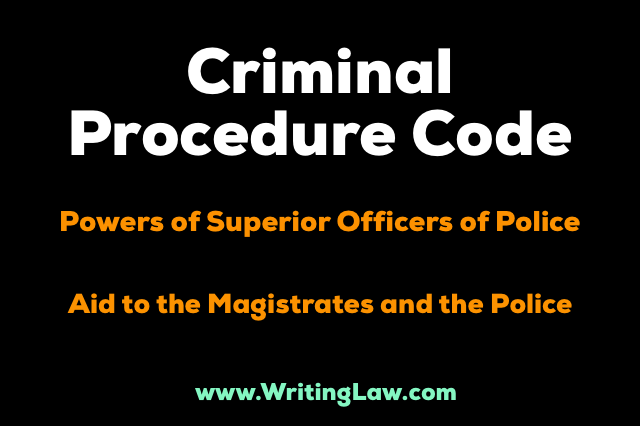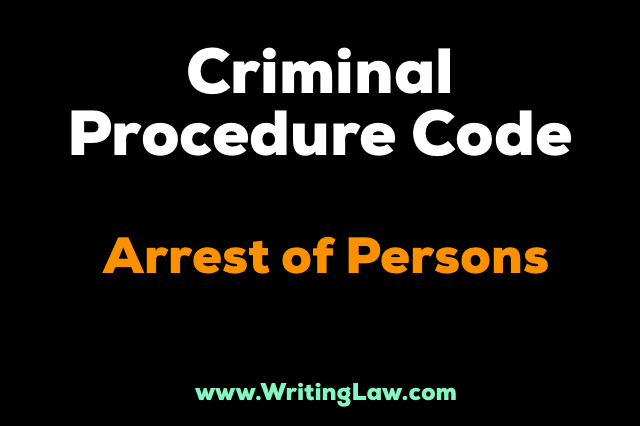Maintenance Under The Criminal Procedure Code
Maintenance means to give necessary supplies to a person for survival. It includes shelter, food, and clothing, and every aspect of human life, which is essential for survival and existence.
Section 125 of the Criminal Procedure Code, 1908, provides maintenance for the wife, children, and parents.
Section 125 of CrPC is secular in nature.KEEP READING
